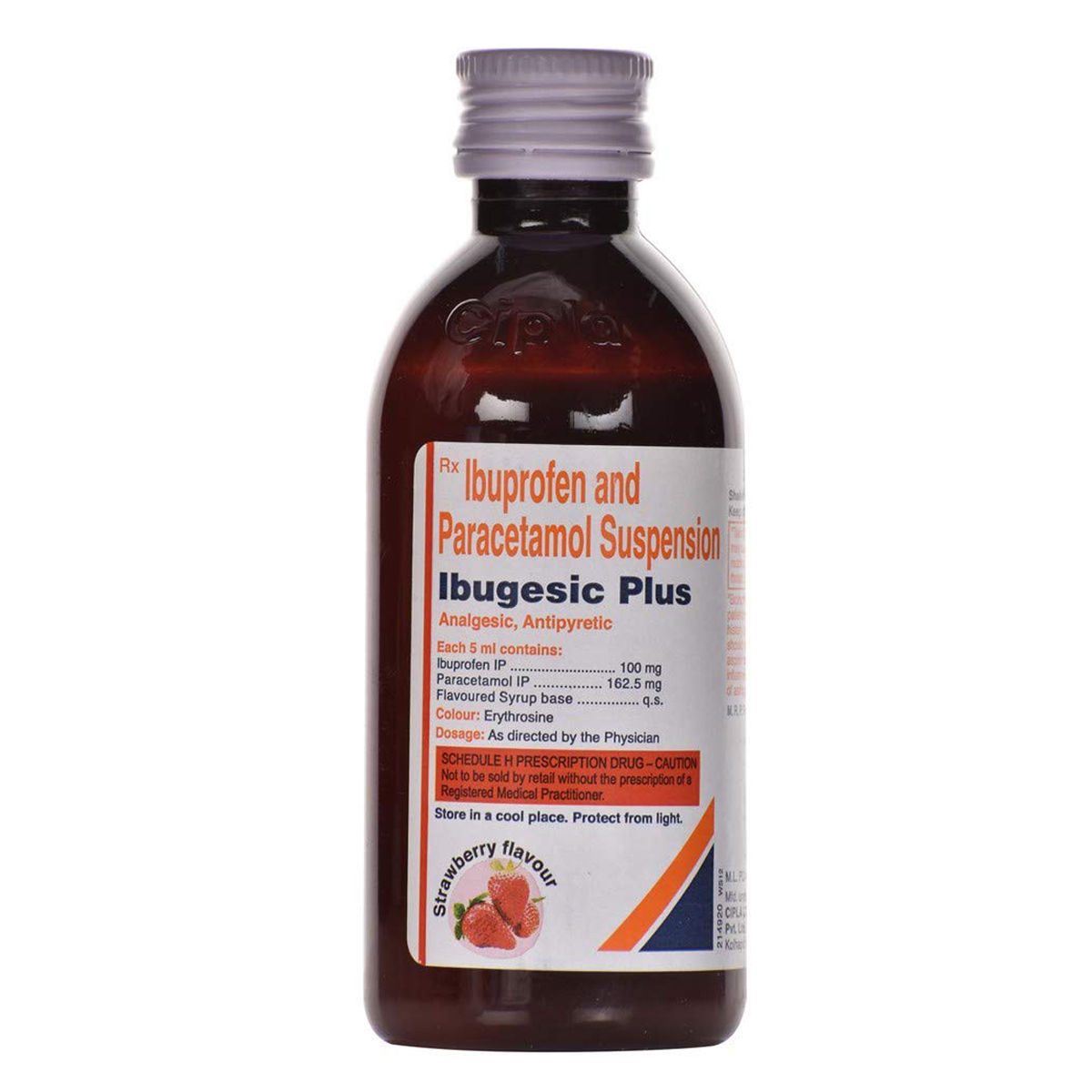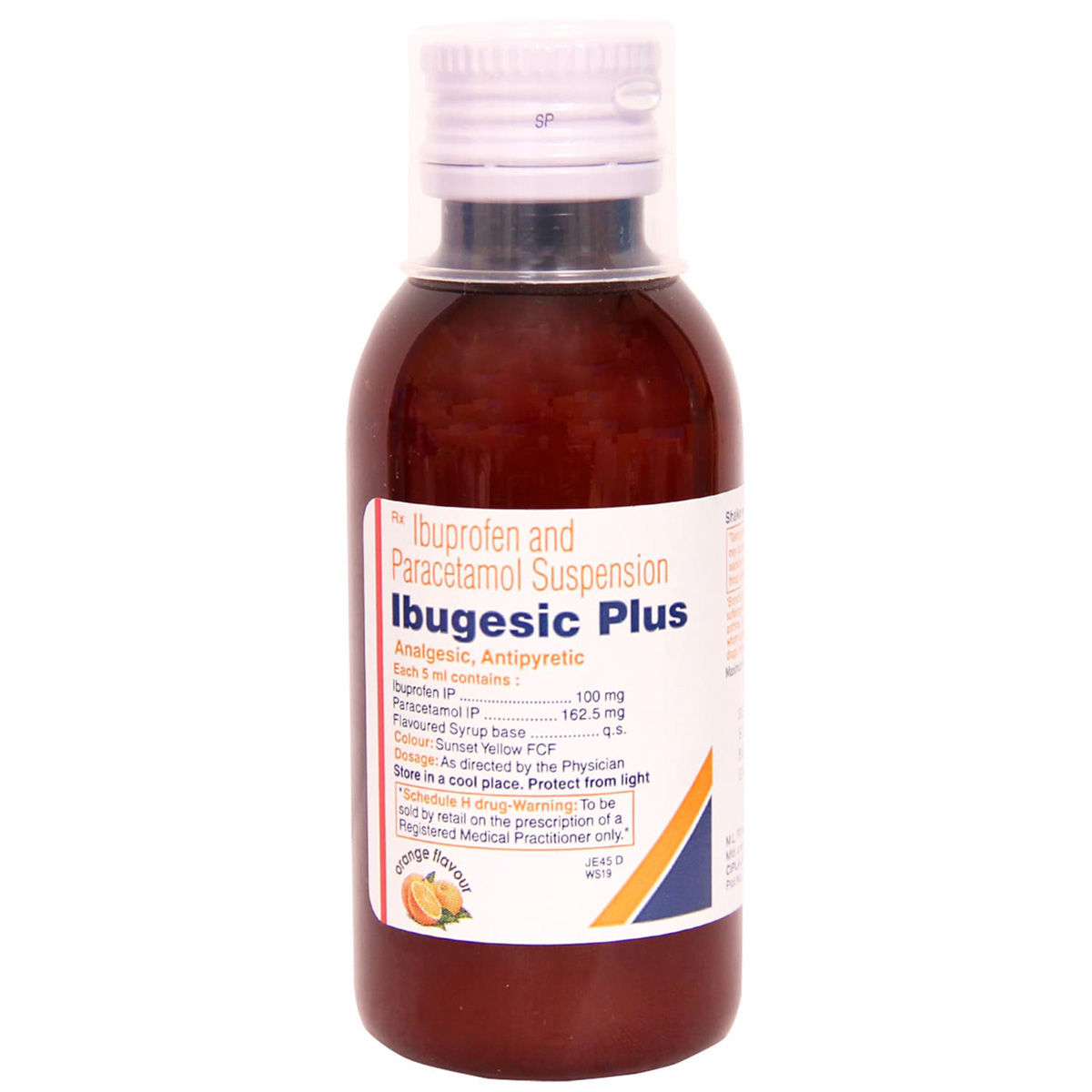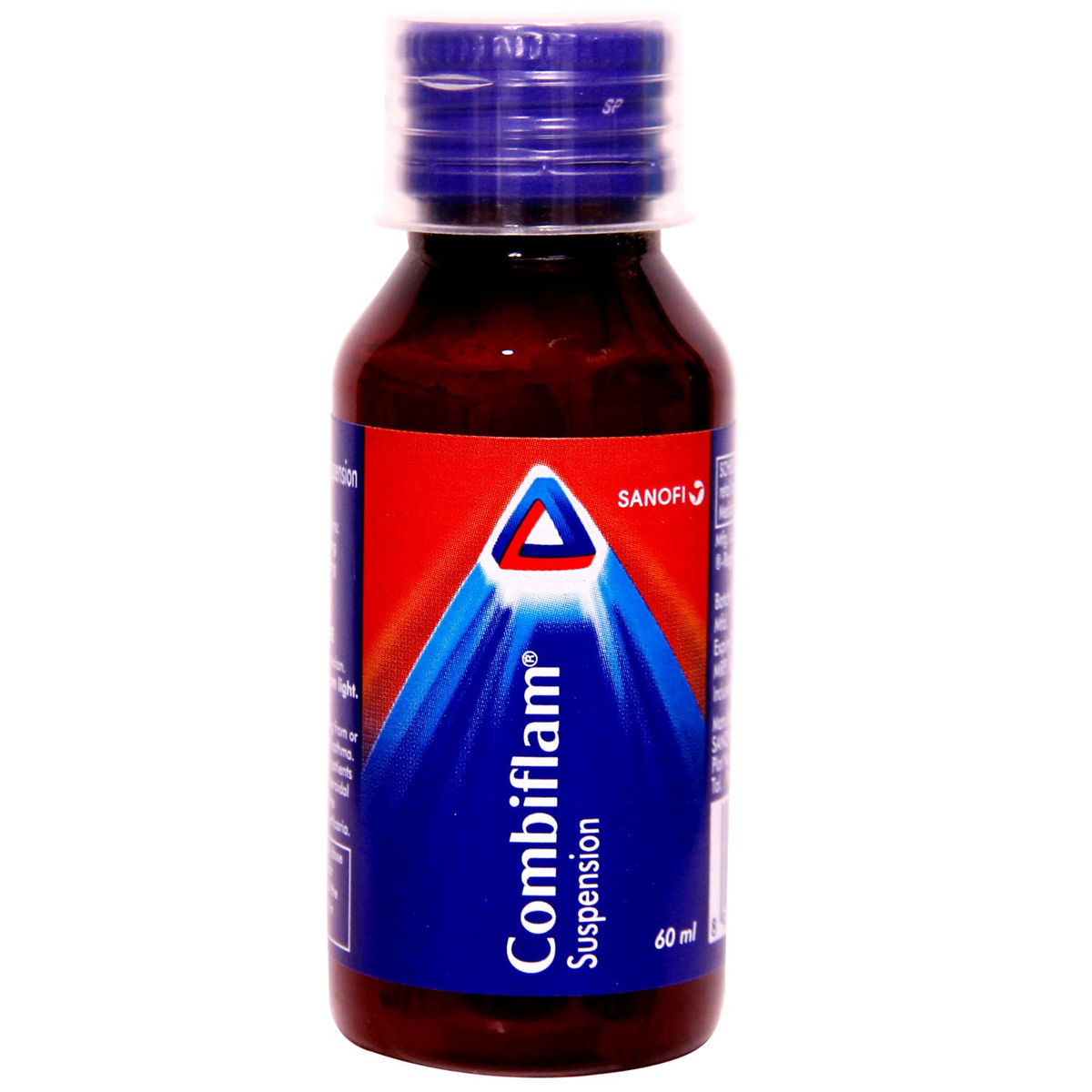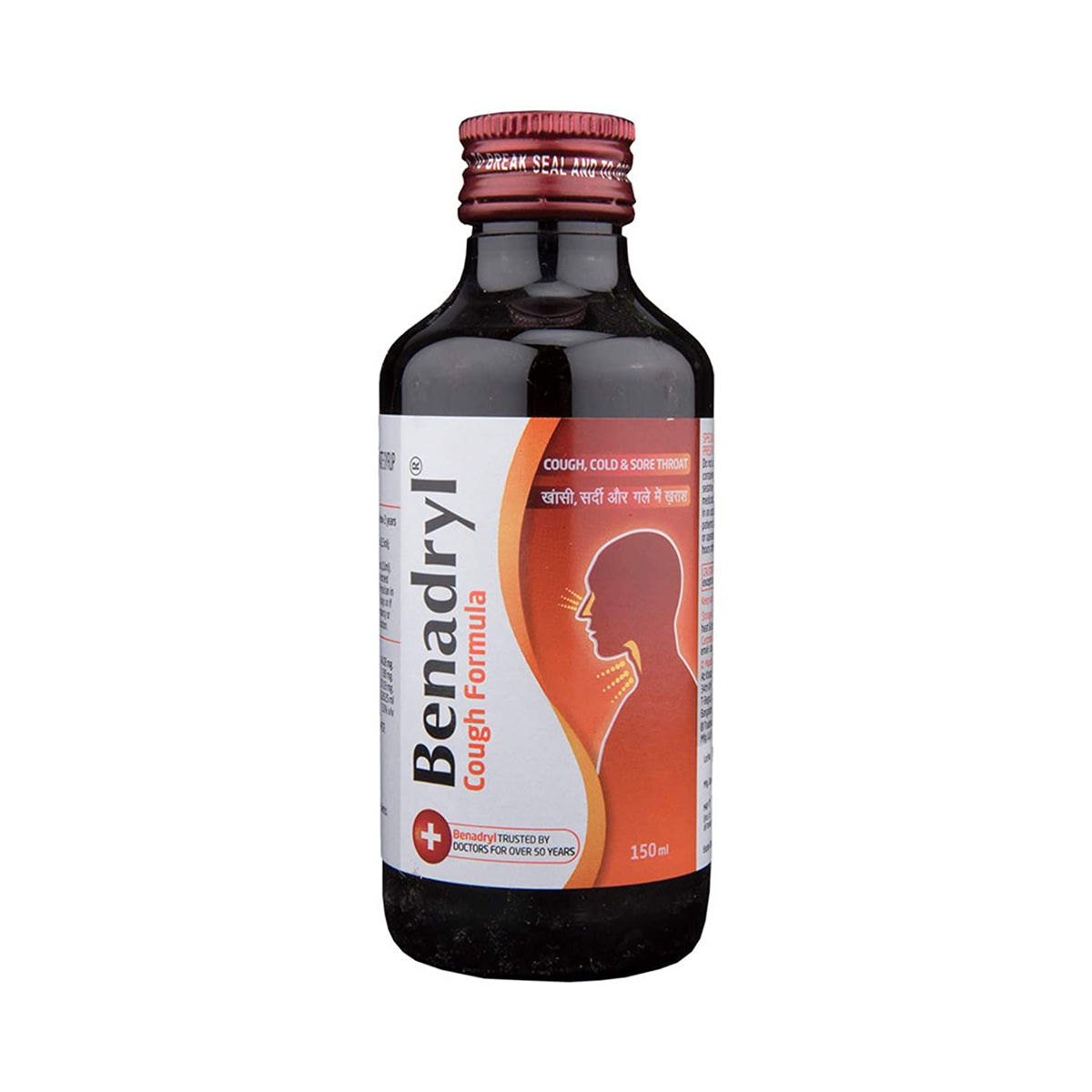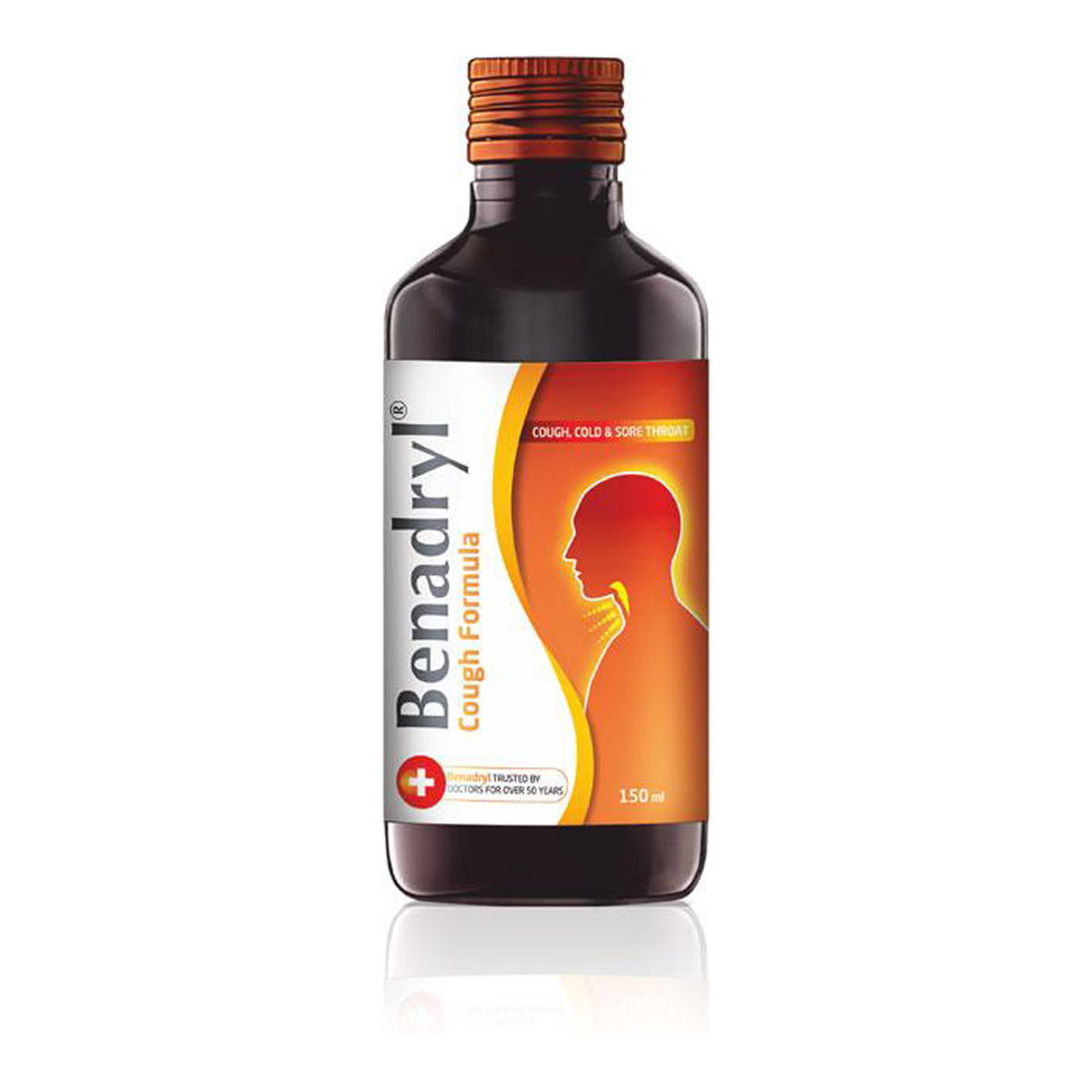Flexon Suspension 100 ml

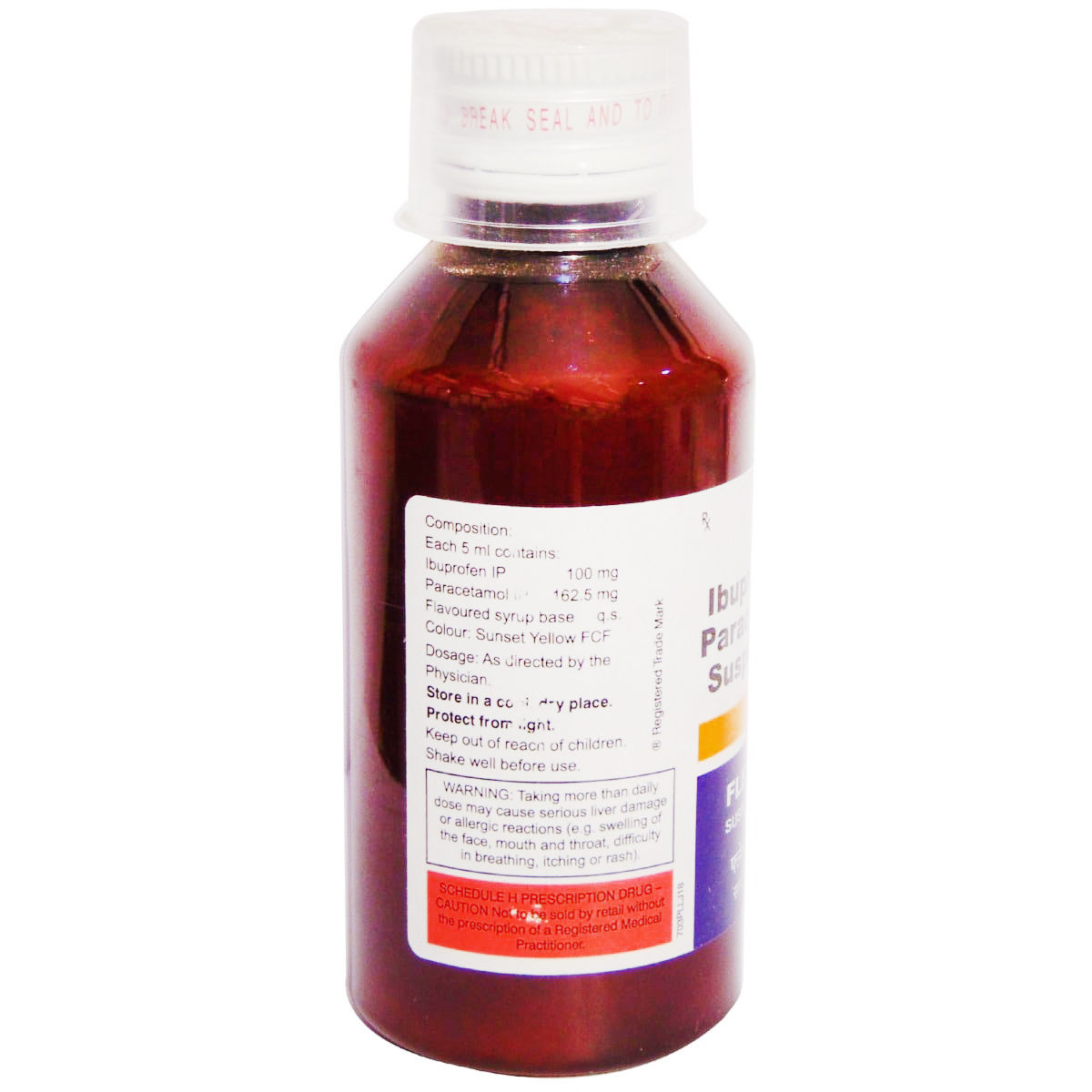
₹55.4*
MRP ₹61.5
10% off
₹52.27*
MRP ₹61.5
15% CB
₹9.23 cashback(15%)
Free Delivery
With Circle membership
(Inclusive of all Taxes)
This offer price is valid on orders above ₹800. Apply coupon PHARMA10/PHARMA18 (excluding restricted items)
Flexon Suspension is used to treat Pain and Fever in children. It contains Ibuprofen and Paracetamol. Ibuprofen works by blocking the effect of a chemical known as prostaglandin, responsible for inducing pain and inflammation in our body. Paracetamol lowers the elevated body temperature and mild pain by inhibiting the synthesis of a chemical messenger (prostaglandin) and promoting heat loss (through sweating) that helps reset the hypothalamic thermostat.
Know Your Delivery Time
Provide Delivery Location
Available Offers
 Prescription drug
Prescription drugWhats That
 26 people bought
26 people bought 
Secure Payment

India's Most Trusted Pharmacy

Genuine Products
Composition :
Manufacturer/Marketer :
Consume Type :
Return Policy :
Expires on or after :
About Flexon Suspension
Flexon Suspension is a non-steroidal anti-inflammatory drug (NSAID) used in relieving pain. Pain can be acute (temporary) or chronic (long-lasting). Acute pain is a short-term pain caused by damage to the tissues of the muscle, bone, or other organs. Chronic pain lasts for a long duration and is caused due to pathologies like nerve damage, etc. Flexon Suspension helps provide relief from symptoms of muscle pain, and dental pain in children. It is also used in reducing fever.
Flexon Suspension is a combination medicine containing two drugs namely: Ibuprofen (anti-inflammatory effect) and Paracetamol (analgesic and antipyretic). Ibuprofen works by blocking the effect of a chemical known as prostaglandin, responsible for inducing pain and inflammation in our body. Paracetamol lowers the elevated body temperature and mild pain by inhibiting the synthesis of a chemical messenger (prostaglandin) and promoting heat loss (through sweating) that helps reset the hypothalamic thermostat.
Flexon Suspension may cause certain side effects in your child, such as abdominal pain, headache, cold-like nose symptoms (in children), or diarrhoea (in children). These side effects do not require medical attention and gradually resolve over time. However, if the side effects persist or worsen, please consult your paediatrician. Flexon Suspension should be taken as advised by your doctor. Do not give more than the prescribed dose of Flexon Suspension to the child. Flexon Suspension can be given with or without food. The dose of the medicine will be decided by your paediatrician depending on the type and severity of the infection.
Flexon Suspension is intended for pediatric use only. Avoid giving Flexon Suspension to your child if she/he is allergic to antibiotics. Keep your doctor informed about your child’s health condition, including his current medications and medical history, to rule out any side effects/interactions. Before administration, inform your child’s doctor about liver and kidney disease. Flexon Suspension is not recommended for use in children below six years of age as its safety and efficacy are not established.
Uses of Flexon Suspension
Directions for Use
Medicinal Benefits
Flexon Suspension is a combination medicine of Ibuprofen (anti-inflammatory effect) and Paracetamol (analgesic and antipyretic). Ibuprofen works by blocking the effect of a chemical known as prostaglandin, responsible for inducing pain and inflammation in our body. Paracetamol lowers the elevated body temperature and mild pain by inhibiting the synthesis of a chemical messenger (prostaglandin) and promoting heat loss (through sweating) that helps reset the hypothalamic thermostat.
How Flexon Suspension Works
Storage
Side Effects of Flexon Suspension
- Nausea
- Diarrhoea
- Stomach upset
- Indigestion
What if I have taken an overdose of Flexon Suspension
Drug Warnings
Flexon Suspension is intended for pediatric use only. Avoid giving Flexon Suspension to your child if she/he is allergic to any of the drug present in it. Keep your doctor informed about your child’s health condition including his current medications and medical history to rule out any side effects/interactions. Before administration, inform your child’s doctor about liver and kidney disease. Flexon Suspension is not recommended for use in children below six years of age as its safety and efficacy are not established.
Drug-Drug Interactions
Drug-Drug Interactions
Login/Sign Up
Taking Ketorolac and Flexon Suspension 100 ml can increase the risk of side effects in the gastrointestinal tract such as inflammation, bleeding and ulceration.
How to manage the interaction:
Taking Ketorolac and Flexon Suspension 100 ml together is not recommended as it can lead to an interaction, it can be taken if advised by your doctor. However, if you experience any symptoms like dizziness, lightheadedness, red or black, dark stools, coughing or vomiting fresh or dried blood that looks like coffee grounds, severe headache, and weakness, consult the doctor immediately. Do not stop using any medications without a doctor's advice.
Combining Meloxicam and Flexon Suspension 100 ml can increase the risk of side effects in the gastrointestinal tract such as inflammation, bleeding, ulceration, and rarely, perforation.
How to manage the interaction:
Taking Meloxicam and Flexon Suspension 100 ml together is not recommended as it can lead to an interaction, it can be taken if advised by your doctor. However, if you experience any symptoms like dizziness, lightheadedness, red or black, dark stools, coughing or vomiting fresh or dried blood that looks like coffee grounds, severe headache, and weakness, consult the doctor immediately. Do not stop using any medications without a doctor's advice.
Co-administration of Flexon Suspension 100 ml may decrease the excretion rate of Oxazepam which could result in a higher serum level.
How to manage the interaction:
Although there is a possible interaction between Oxazepam and Flexon Suspension 100 ml, you can take these medicines together if prescribed by a doctor. Do not stop using any medications without a doctor's advice.
Co-administration of Flexon Suspension 100 ml and Valdecoxib may increase the risk or severity of adverse effects.
How to manage the interaction:
Although there is a possible interaction between Flexon Suspension 100 ml and Valdecoxib, you can take these medicines together if prescribed by a doctor. However, if the side effects worsen, please consult a doctor.
Co-administration of Mipomersen with Flexon Suspension 100 ml may increase the risk or severity of liver injury.
How to manage the interaction:
There may be a possibility of interaction between Flexon Suspension 100 ml and Mipomersen, but it can be taken if prescribed by a doctor. Do not stop using any medications without talking to a doctor.
Co-administration of Teriflunomide with Flexon Suspension 100 ml may increase the risk or severity of Liver problems.
How to manage the interaction:
Taking Flexon Suspension 100 ml with Teriflunomide together can possibly result in an interaction, but it can be taken if a doctor has advised it. Do not discontinue any medications without consulting a doctor.
Co-administration of Lomitapide and Flexon Suspension 100 ml may increase the risk of severity of liver injury.
How to manage the interaction:
Although there is a possible interaction between Flexon Suspension 100 ml and Lomitapide, you can take these medicines together if prescribed by a doctor. Do not stop using any medications without a doctor's advice.
Co-administration of ketamine and Flexon Suspension 100 ml may decrease the effectiveness of Ketamine which could result in a higher blood level.
How to manage the interaction:
Although taking Ketamine and Flexon Suspension 100 ml together can evidently cause an interaction, it can be taken if a doctor has suggested it. If you're feeling very sleepy or having trouble breathing, it's important to contact your doctor right away. Do not stop using any medications without a doctor's advice.
Co-administration of Flexon Suspension 100 ml and Leflunomide may increase the risk of liver problems.
How to manage the interaction:
Although there is a possible interaction between Flexon Suspension 100 ml and Leflunomide, they can be taken together if prescribed by a doctor. However, if you experience fever, chills, joint pain or swelling, unusual bleeding or bruising, skin rash, itching, less desire to eat, fatigue, nausea, vomiting, abdominal pain, or yellowing of the skin or eyes, contact a doctor immediately. Do not discontinue any medications without consulting a doctor.
Co-administration of Flexon Suspension 100 ml and Ketoconazole may increase the risk of liver injury.
How to manage the interaction:
Although there is a possible interaction between Flexon Suspension 100 ml and Ketoconazole, you can take these medicines together if prescribed by a doctor. However, if you have joint pain or swelling, fever, chills, unusual bleeding or bruising, skin rash, itching, over-tiredness, nausea, vomiting, loss of appetite, stomach pain, dark-colored urine, light-colored stools, and/or yellowing of the skin or eyes, contact a doctor immediately as these may be signs and symptoms of liver damage. Do not discontinue the medication without consulting a doctor.
Drug-Food Interactions
Drug-Food Interactions
Login/Sign Up
Diet & Lifestyle Advise
- The child’s immune system is affected by stress and raises the risk of being sick. Hence try progressive muscle relaxation techniques to relieve stress.
- Sleeping for 7-9 hours each night can make your child stay fit and safe.
- Make your child drink more fluids to avoid dehydration.
Habit Forming
Therapeutic Class
Flexon Suspension Substitute

Ibugesic Plus Strawberry Suspension 100 ml
by Others
₹0.49per tabletIbugesic Plus Suspension 60 ml
by Others
₹0.65per tabletCombiflam Suspension 60 ml
by Others
₹0.67per tabletImol Suspension 60 ml
by Others
₹0.67per tabletIbukind Plus Syrup 60 ml
by Others
₹0.50per tablet
Product Substitutes
Alcohol
Not applicable
-
Pregnancy
Not applicable
-
Breast Feeding
Not applicable
-
Driving
Not applicable
-
Liver
Caution
Please consult your doctor if your child has a liver impairment or if you have any concerns regarding this before using Flexon Suspension .
Kidney
Caution
Please consult your doctor if your child has a kidney impairment or if you have any concerns regarding this before using Flexon Suspension .
Children
Safe if prescribed
Flexon Suspension is safe for children above 3 months of age if prescribed by the doctor. The dose of the medicine will be decided by your paediatrician. Do not give more than the recommended dose to your child.
FAQs
Country of origin
Manufacturer/Marketer address
Customers Also Bought
Disclaimer
Author Details
We provide you with authentic, trustworthy and relevant information












